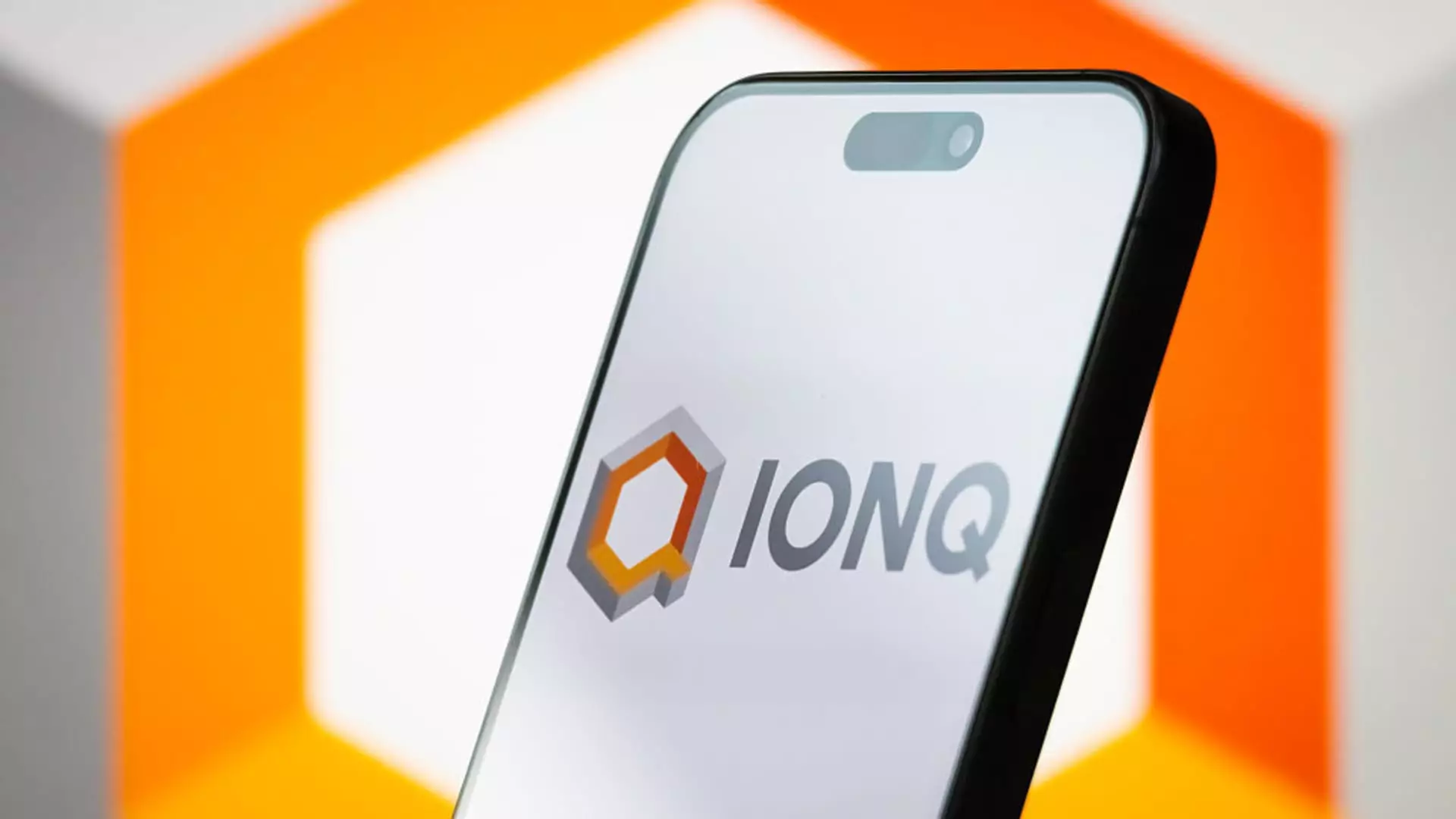IonQ’s acquisition of the UK-based startup Oxford Ionics, valued at nearly $1.1 billion, represents a daring yet strategically sound maneuver within the burgeoning sphere of quantum computing. This monumental deal signifies not only the merging of IonQ’s cutting-edge hardware and software expertise with Oxford Ionics’ innovative semiconductor chip technology but also marks a crucial pivot toward realizing unprecedented computational capabilities. In an era where traditional computing systems are increasingly encumbered by limitations, the need for quantum solutions has surged, making this acquisition not merely opportunistic but essential.
Star-Power Acquisition: The Quest for Dominance in Quantum Computing
What stands out in this acquisition is IonQ’s unyielding ambition to become the “800-pound gorilla” in quantum computing—a phrase coined by CEO Niccolo De Masi. This ambitious goal is no mild aspiration but rather a resolute statement of intent to lead the market. With the projected output of quantum systems featuring 256 qubits by 2026 and exponentially significant advancements planned for subsequent years, IonQ is setting the stage for disruptive quantum breakthroughs, particularly in areas previously thought unattainable by contemporary computing methods. This trajectory not only promises immense value for enterprise clients but also positions IonQ as a formidable trailblazer within the tech ecosystem.
Financial Landscape: A Valuable Proposition in a Competitive Arena
While stocks of IonQ saw a notable 3% uptick post-announcement, the overall health of the company’s shares throughout the year reveals a more complex narrative—a 6% decline up to now. Nevertheless, the staggering 400% increase over the past year is a clear signal of investor optimism surrounding its quantum prospects. The financial dynamics involved, particularly the $1.065 billion in IonQ shares alongside an additional $10 million in cash, reflect a deep-seated belief in the transformative potential of quantum technologies. Companies like Microsoft and Alphabet have made headlines recently for their own breakthroughs in quantum chip technologies, making IonQ’s acquisition a critical counter-strategy, one aimed at securing a competitive edge in a fast-evolving market.
The Future: Solving Complex Problems and Shaping Industries
As the clouds of the digital revolution gather, the ability to solve complex computational problems is not just desirable; it is imperative. IonQ’s bold commitment to push the envelope further into quantum computing suggests that we may soon witness applications beyond conventional imagination—ranging from drug development to artificial intelligence, finance, and climate modeling. Quantum computing has the potential to redefine entire industries by providing solutions to problems that were once insurmountable. IonQ’s merger with Oxford Ionics is a strategic embrace of this potential, and it could fuel an explosion of innovation that reshapes our technology landscape.
In short, this acquisition isn’t just about merging assets; it’s about forging a path into a new technological frontier where IonQ could lead the charge. Whether their ambitious visions become reality remains to be seen, but the boldness of this endeavor itself is a clear indicator of where the future of computing is heading.

